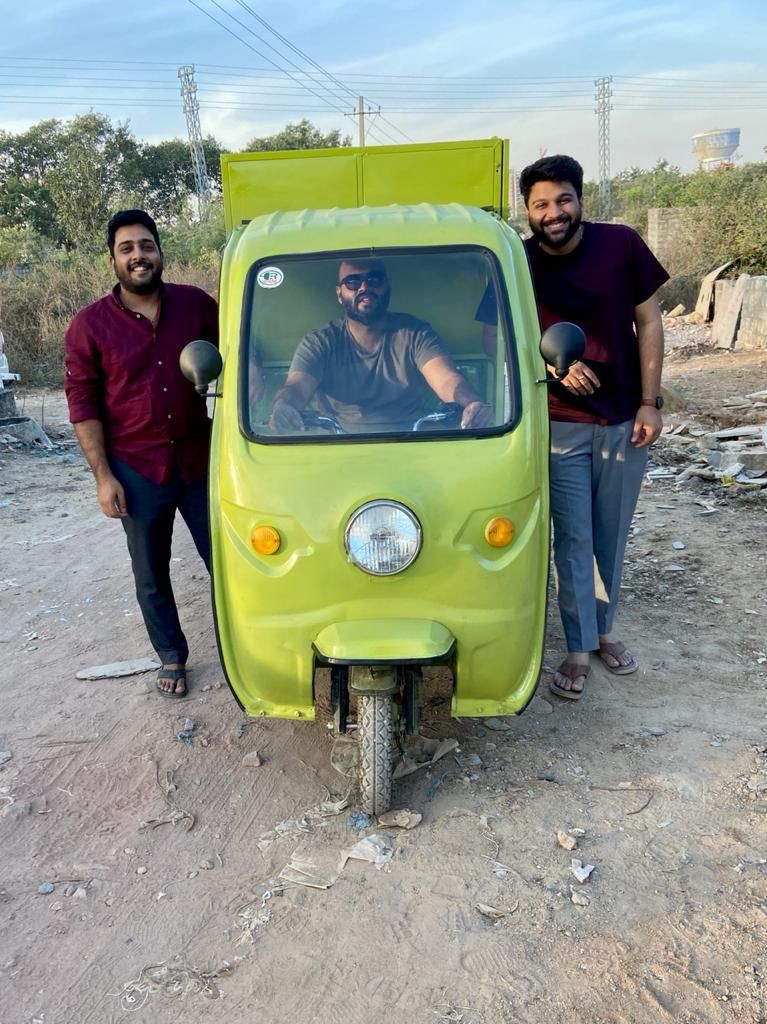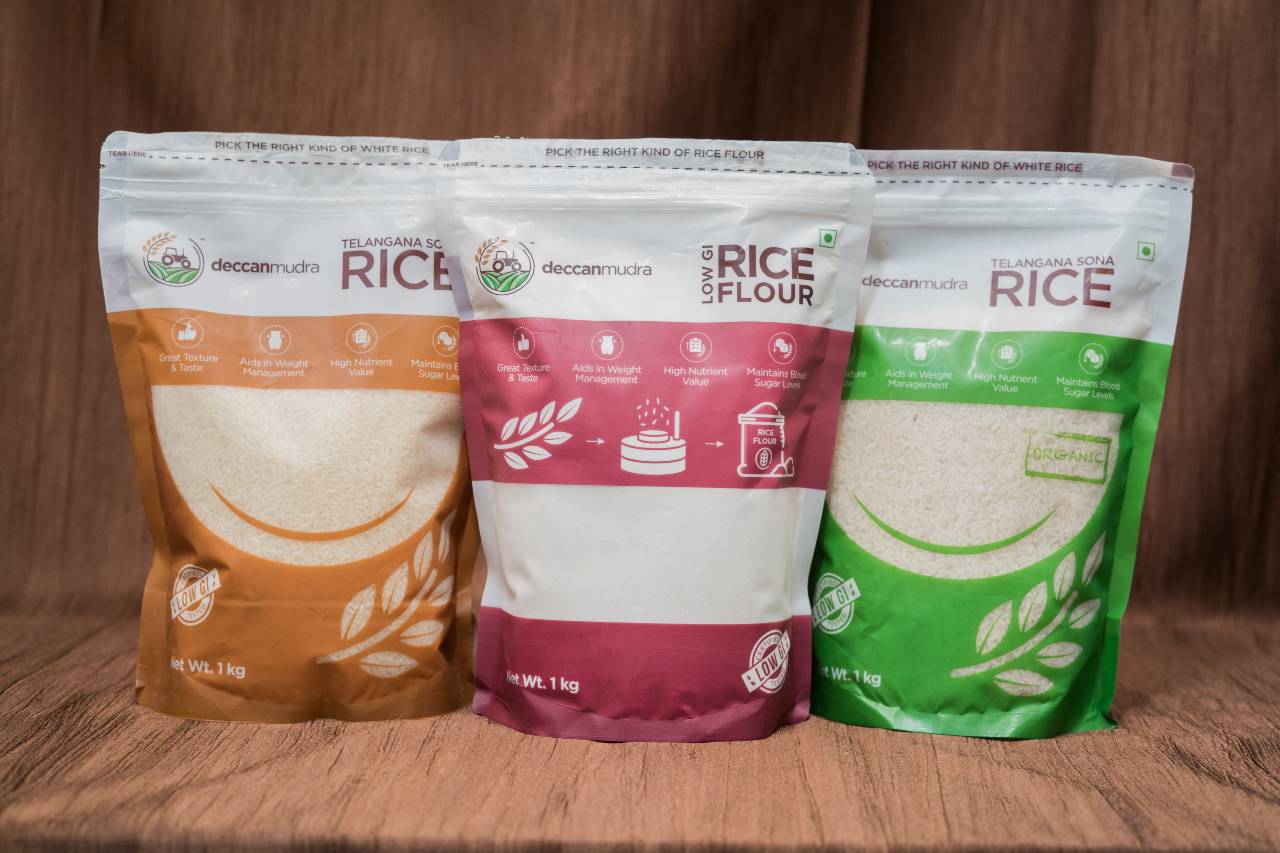Studies suggest that those who consume rice in large quantities are at a higher risk of developing Type 2 diabetes. In India, with rice being a staple meal in every household, 77 million people are battling diabetes.
As a healthy alternative, several consume brown rice, quinoa, or other millets. However, they do not like the flavour or texture of millets and tend to give up on their diets.
During the first lockdown, Mithilesh Boyina and his family, residents of Telangana, were also looking for a healthy alternative for rice. They were switching to a healthier lifestyle and decided to reduce their white rice consumption.
By doing research Mithilesh, learned about farmers in Telangana growing a Low Glycemic Index (GI) variety of rice. Named the ‘Telangana Sona’, this variety was developed by researchers at Professor Jayaprakash Telangana State Agricultural University (PJTSAU).
“The variety’s low GI makes it a great alternative to regular rice as it controls sugar levels, reduces heart risks and aids weight loss. It can be used to make boiled rice, pulao and biryani. However, the product was not too popular in the market, as farmers were struggling to grow the crop on a large scale or find a market to sell,” says Mithilesh.
Along with his friends Harsha Sivanapalli and Rahul Ashrit, he procured a few packets of rice. The trio ate this for a few weeks on a trial basis and, enjoying both the taste as well as the nutritional benefits, they decided to help farmers grow this crop on a larger scale by launching a startup.
“I wanted others to know about this superfood, which tastes and looks like rice but offers a plethora of nutritional benefits,” says Mithilesh in an interview with The Better India.

Win-win rice
To develop a new variety of rice for farmers to grow and earn from, researchers at PJTSAU began developing Telangana Sona in 2006. Instead of genetically modifying existing varieties, the rice was grown through a pedigree breeding method.
Dr Y Chandramohan, a senior scientist at the Rice Research Centre in PJTSAU says, “After harvest, a series of tests were conducted on the grains to understand their nutritional values. The variety was rich in protein, Vitamin B3, and had a GI lower than all other existing varieties of rice.”
A low GI diet helps curb cravings and prevent sugar levels from spiking. When consumed regularly, studies show that the Telanaga Sona can reduce sugar levels as well.
Dr Chandramohan says that the crop is a win-win, because it not only has immense nutritional benefits, but is also a short-duration grow variety. This means farmers can grow the crops for two seasons – kharif and rabi.
The seeds were brought to hundreds of farmers through a social enterprise named the Gramodaya Chamber of Commerce and Technology (G-COT). However, by 2019, owing to poor returns, several stopped growing the crop.
Supporting farmers
During the lockdown in 2020, Mithilesh began speaking to various farmers to understand the problems they faced. These were either related to problems during the crop growth cycle or finding a suitable market to sell their produce.
Coming from a sales background, he decided to offer his expertise and sell the product.
“Apart from that, I decided to provide end-to-end support to the farmers — right from providing free seeds to arranging regular field visits and finally purchasing the entire harvest at a rate higher than the market price,” says Mithilesh, adding that 140 farmers agreed to grow the produce.
In December 2020, Harsha, Rahul and Mithilesh launched Deccan Mudra. The organisation was licensed under PJTSAU as an official grower and distributor of Telanaga Sona rice.

During the growth cycle of the crops, researchers from the university conducted regular field visits. They would check the health of paddy, resolve pest menaces and provide other assistance. After the first harvest, the rice was sent to the University for testing and its authenticity was confirmed.
To date, 400 farmers are growing Telangana Sona and the startup has sold over 45 tonnes of rice across the country. Priced at Rs 99/ kilogram, the rice is sold through various retail outlets, distributors, and e-commerce platforms.
Now, the organisation is in talks to export the rice to the United Kingdom and introduce new products like sunflower seeds, black rice, healthy noodles, pasta and more.
To purchase the rice visit Deccan Mudra’s website.
No comments:
Post a Comment